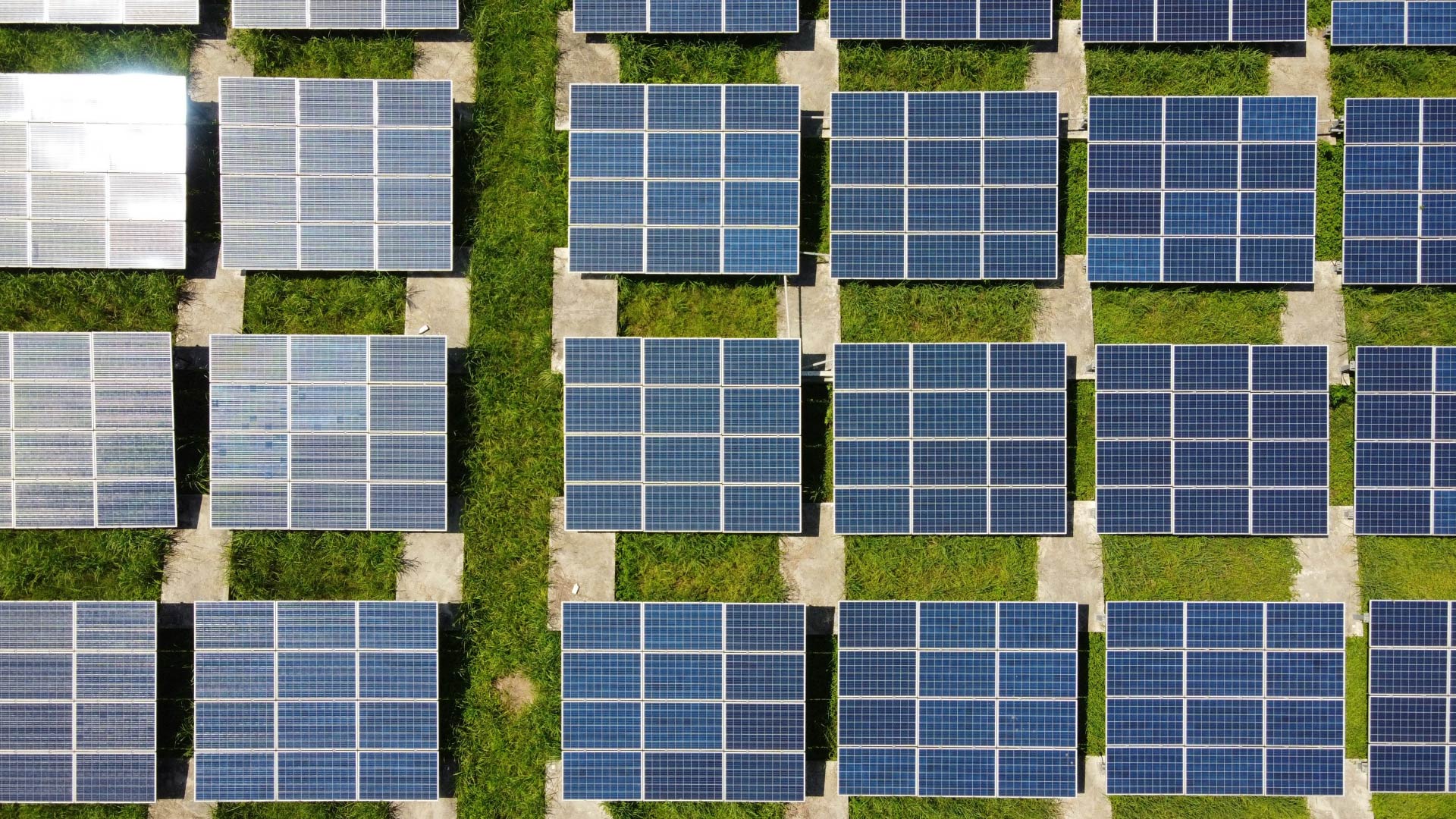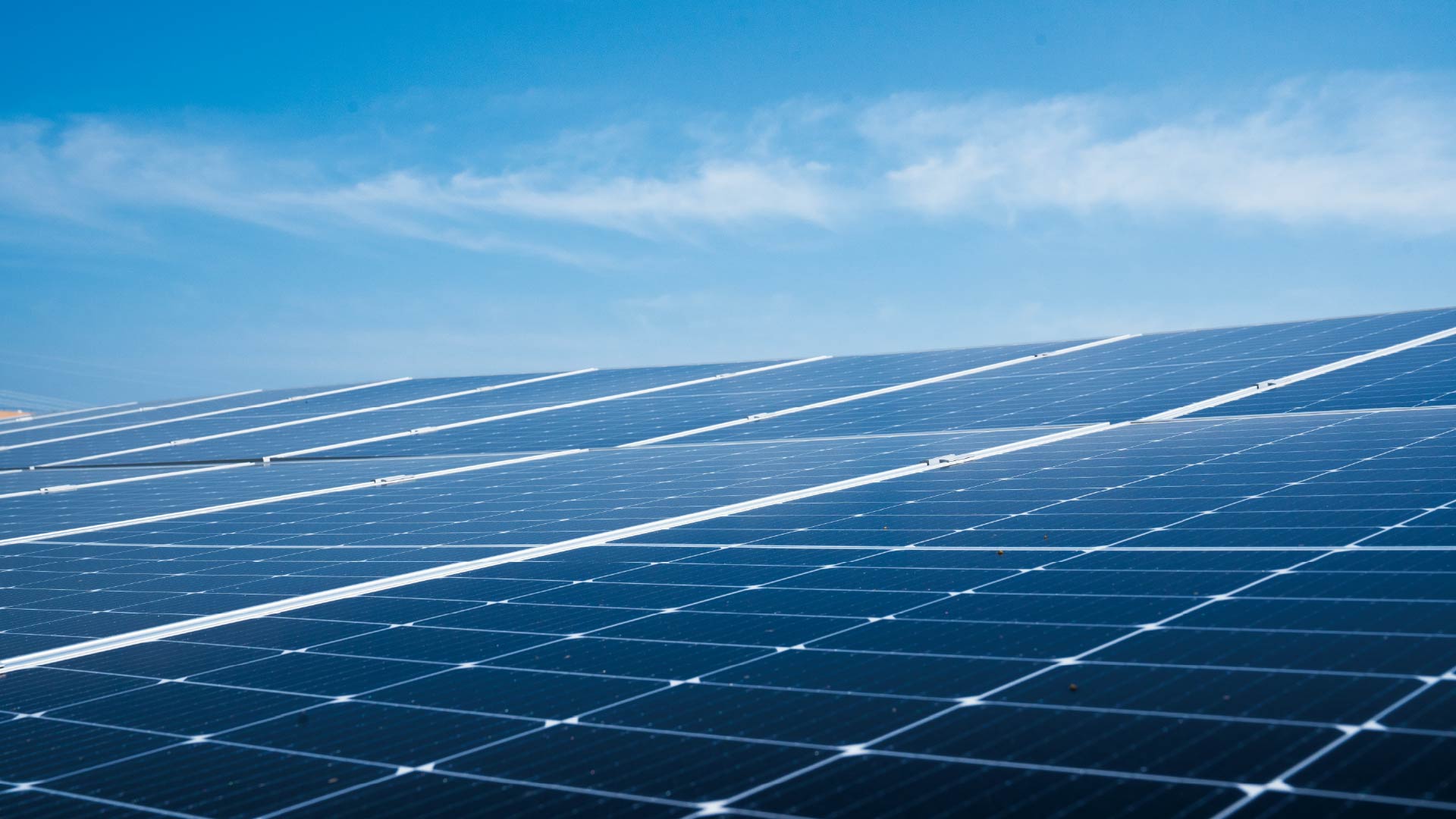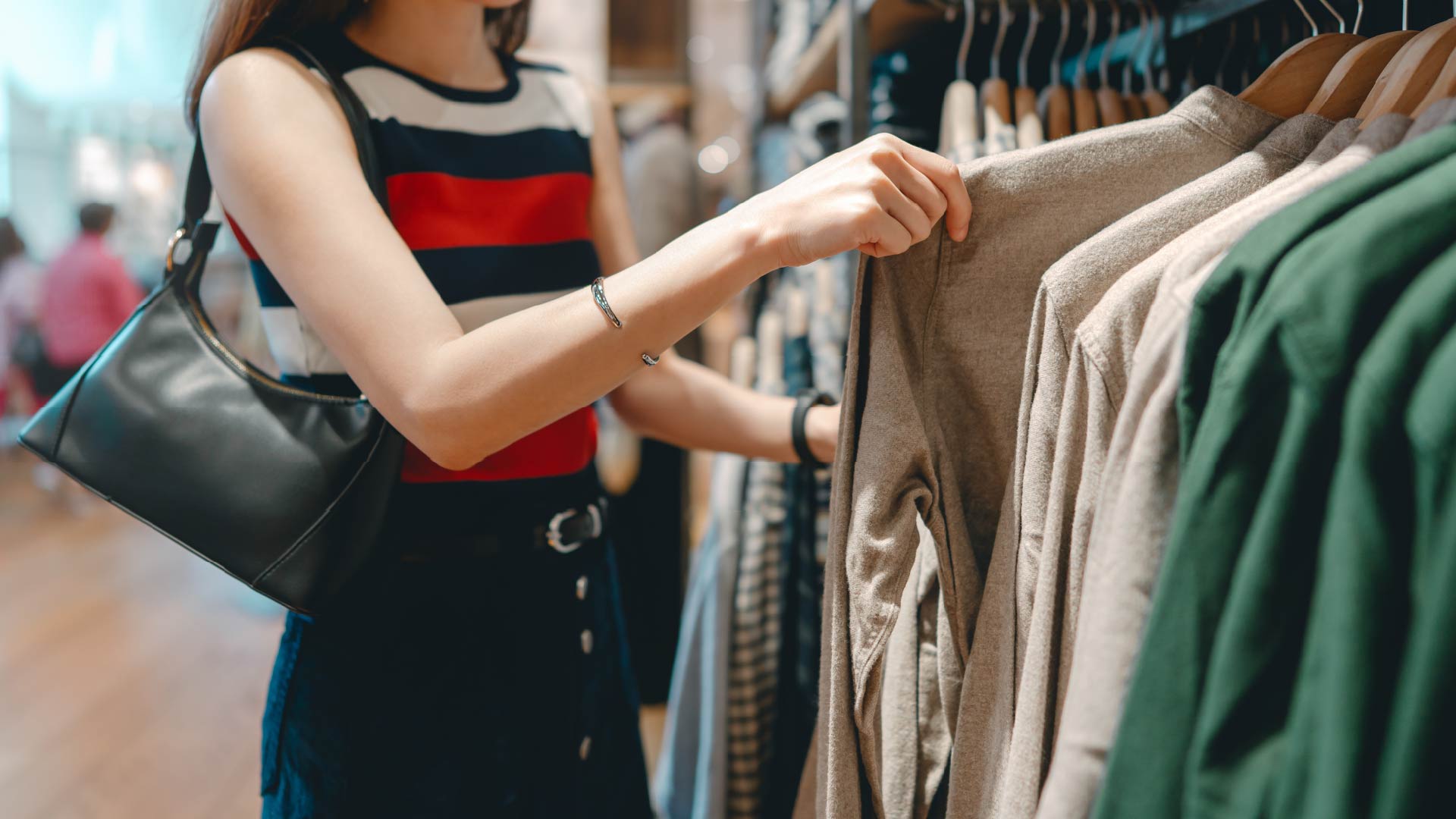New York State’s Environmental Legal Action Against PepsiCo Emphasizes The Squeeze On Plastic Pollution

Guy Lewis
PepsiCo is caught in the environmental litigation firing line as the state of New York announced in November that it is suing the food and beverage giant for plastic waste pollution in the Buffalo River. Earlier this year, Surfrider, ClientEarth and Zero Waste France filed a lawsuit against Danone, for what they believe is its failure to carry out its duty of vigilance for environmental concerns around plastic. ClientEarth recently pursued further legal action against Danone, Coca-Cola and Nestle, for their claims of ‘100% recyclability’ or ‘100% recycled’ plastic material on bottles, while the UK’s Competition and Markets Authority (CMA) is investigating Unilever over its environmental claims. The war on plastic and its interrelation with green product claims continues to be an active frontier in the world of environmental and climate litigation.
Remarkably, of the 1,916 items of plastic waste collected from 13 sites along the Buffalo River last year, 17% were produced by PepsiCo. The investigation comes after the firm completed its second green bond offering in 2022, worth $1.25 billion, with proceeds contributing to PepsiCo’s pep+ sustainability initiatives, including supporting the circular economy and virgin plastic waste reduction through recycling infrastructure improvements. In 2022, PepsiCo Europe also announced the elimination of virgin plastic in crisp bags for UK brands by 2030. The pressure faced by the brand owner shows that despite green financing and sustainability commitments, greater efforts are still required.
PepsiCo faces further challenges from a 183-strong investment coalition that oversees assets worth $10 trillion with the aim to cut plastic use. The coalition has called on Amazon, McDonald’s, PepsiCo and others to reduce plastic use because of the financial risks that it poses to their investments – namely the potential health, biodiversity and climate impacts, and reputational threats through litigation. Additionally, regulations in the EU – such as the EU Packaging and Packaging Waste Directive, the Single-Use Plastics Directive and, more recently, the ban on intentional use of microplastics as part of REACH – are placing greater focus on plastic waste. For firms like PepsiCo, this adds complexity to compliance, juggling regulations that impact brands and products differently depending on which markets they are selling into.
There is also an ongoing push-pull in the plastic value chain. In Nairobi last month, several oil-producing nations argued against binding cuts to plastic production as part of the third session to negotiate a Global Plastics Treaty. The rippling effects are felt in the value chain as chemical manufacturers look to diversify their legacy plastic portfolios with new innovative and circular plastic products, and food and beverage manufacturers seek more sustainable and circular alternatives for their packaging. The disconnect is symptomatic of the climate transition more broadly and points towards the need for greater supply chain cooperation to develop collective ambition in the face of shared challenges.
Verdantix research finds that this type of engagement will increasingly be supported by product and materials traceability solutions that enable better information sharing related to product sustainability (recyclability, recycled content, product carbon footprint) and, fundamentally, connect multiple actors in the supply chain.
About The Author

Guy Lewis
Industry Analyst





